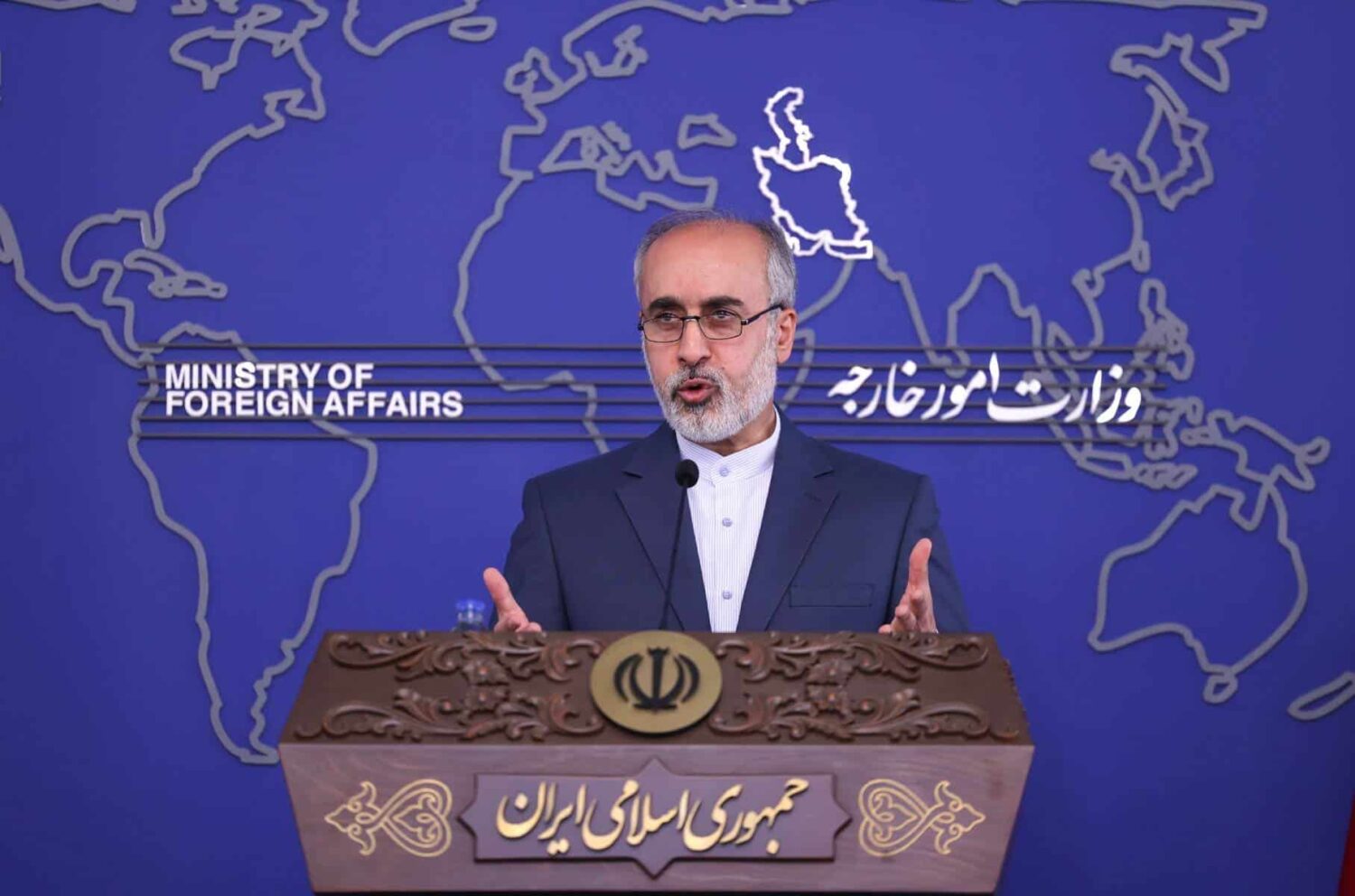TEHRAN, IRAN – Iran on Monday denied reports that it has enriched uranium up to 84 percent, just below the 90 percent needed to produce an atomic bomb, state media reported.
The International Atomic Energy Agency (IAEA) said on Sunday evening that it was in discussions with Tehran after Bloomberg News reported that the watchdog’s inspectors in Iran last week found uranium enriched to 84-percent purity.
The spokesman for the Atomic Energy Organization of Iran, Behruz Kamalvandi, on Monday described the report as “slander” and a “distortion of the facts”, according to state news agency IRNA.
“The presence of a particle or particles of uranium above 60 percent in the enrichment process does not mean enrichment above 60 percent,” he added.
A diplomat outside Iran meanwhile confirmed to AFP the figures reported in the Bloomberg report, saying: “The percentage is correct.”
The IAEA is “giving Iran the opportunity to explain because it’s apparently possible that there can be so-called ‘spikes’ of higher levels of enrichment,” the diplomat said.
Iran was last known to have enriched uranium up to 60 percent.
Uranium enriched up to 90 percent purity is considered nuclear weapons-grade.
Iran’s foreign ministry spokesperson Nasser Kanani said on Monday that his country is “committed” to the nuclear non-proliferation treaty and its safeguards agreement with the IAEA.
He warned against the politicization of the role of the UN nuclear watchdog, saying it “distorts its position”.
“The agency should act within the framework of specialized tasks,” he added.
The report of the 84-percent enrichment comes amid stalled negotiations to revive the 2015 deal over Iran’s nuclear program.
The accord promised Iran sanctions relief in exchange for curbs on its nuclear program to prevent it from developing a nuclear weapon – something Tehran has always denied seeking.
But the US unilaterally withdrew from the deal in 2018 and reimposed sanctions on Iran, prompting it to begin walking back on its commitments under the accord.
Negotiations between world powers to return to the deal started in 2021 but have been in deep freeze since last year.
During a telephone call Sunday evening with European foreign policy chief Josep Borrell, Iran’s top diplomat Hossein Amir-Abdollahian indicated that a visit by IAEA chief Rafael Grossi to Tehran was still planned.
“If the agency acts with a technical objective and not a political one, it will be possible to agree on a framework to resolve” the nuclear dispute, Amir-Abdollahian said.







